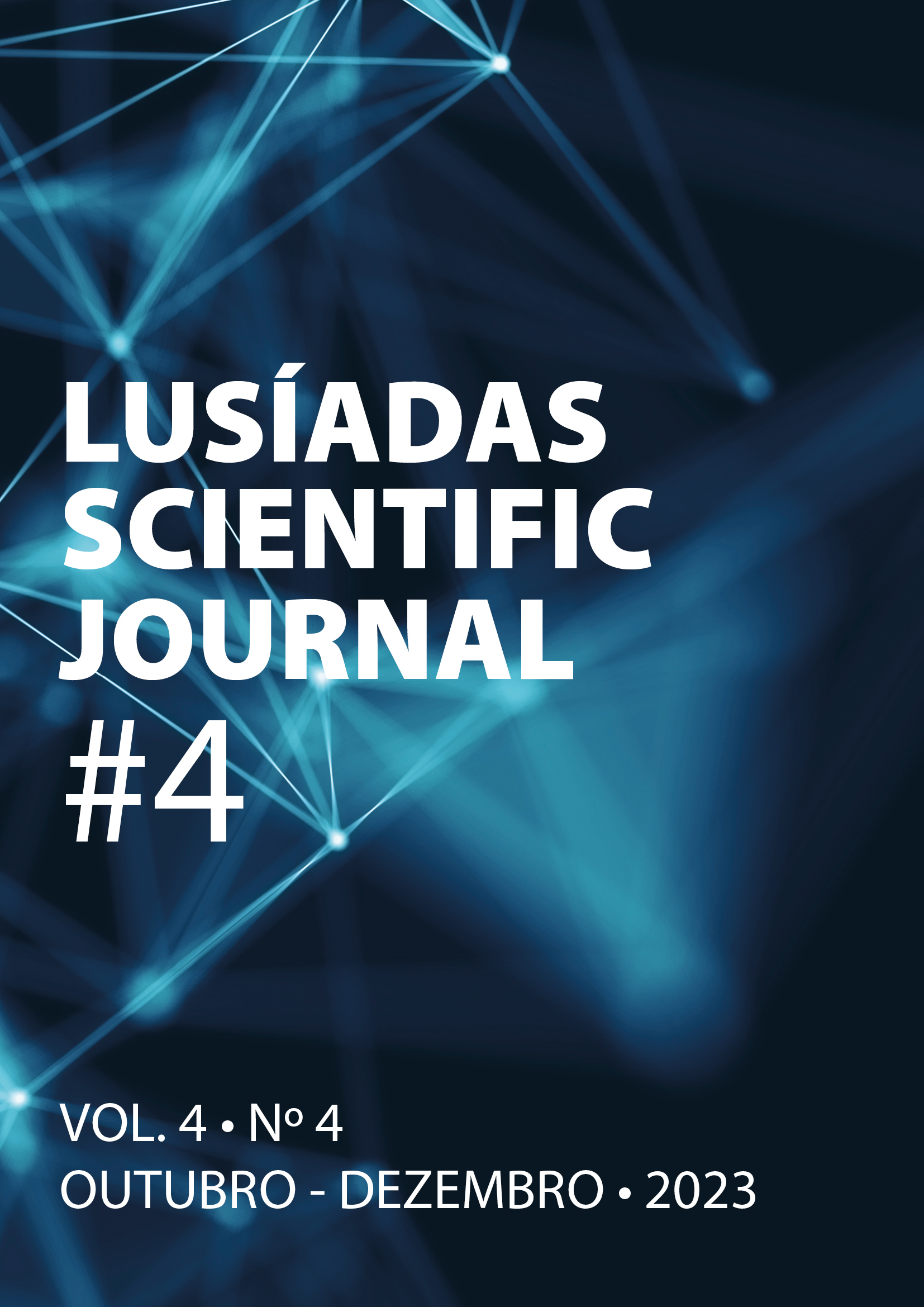Narrative Review
Patient Referral to Palliative Care Using Artificial Intelligence Prediction Models
Main Article Content
Abstract
The advent of Artificial Intelligence has brought about the possibility to archive and process vast amounts of information, particularly in the field of health, which is both extensive and complex. Palliative Care aims to provide support to patients with serious illnesses, seeking to alleviate symptoms, improve the quality of life, and address the emotional and psychological needs of patients and their families. Artificial Intelligence has the potential to revolutionize the timely identification and referral of patients who would benefit from Palliative Care, enabling timely discussions with them and their families about end-of-life expectations and perspectives.
Early access to Palliative Care has numerous benefits, including emotional well-being, improved coping mechanisms, cost reduction in treatment, along with fewer and shorter hospitalizations. Through this narrative review, we aim to understand whether the concurrent use of Artificial Intelligence models effectively benefits the patient by enhancing their quality of life.
Article Details

This work is licensed under a Creative Commons Attribution 4.0 International License.
References
Busnatu S, Niculescu AG, Bolocan A, Petrescu GED, Paduraru DN, Nastasa I, Lupusoru M, Geanta M, Andronic O, Grumezescu AM, Martins H. Clinical Applications of Artificial Intelligence-An Updated Overview. J Clin Med. 2022;11:2265. doi: 10.3390/jcm11082265
World Health Organization. WHO Definition of Palliative care [Internet]. [cited 2023 Aug 16]. Available from: https://www.who.int/news-room/fact-sheets/detail/palliative-care
Wilson PM, Ramar P, Philpot LM, Soleimani J, Ebbert JO, Storlie CB, et al. Effect of an Artificial Intelligence Decision Support Tool on Palliative Care Referral in Hospitalized Patients: A Randomized Clinical Trial. J Pain Symptom Manage. 2023;66:24–32. doi: 10.1016/j.jpainsymman.2023.02.317.
Peruselli C, Panfilis L De, Gobber G, Melo M, Tanzi S. Intelligenza artificiale e cure palliative: Opportunità e limiti]. Recenti Prog Med. 2020;111:639–45.
de Hond AA, Leeuwenberg AM, Hooft L, Kant IM, Nijman SW, van Os HJ, et al. Guidelines and quality criteria for artificial intelligence-based prediction models in healthcare: a scoping review. NPJ Digit Med. 2022;5(1):2. doi: 10.1038/s41746-021-00549-7.
Blanes-Selva V, Doñate-Martínez A, Linklater G, Garcés-Ferrer J, García-Gómez JM. Responsive and minimalist app based on explainable ai to assess palliative care needs during bedside consultations on older patients. Sustainability. 2021;13:17.
Oliveira T, Silva A, Satoh K, Julian V, Leão P, Novais P. Survivability prediction of colorectal cancer patients: A system with evolving features for continuous improvement. Sensors. 2018;18:2983. doi: 10.3390/s18092983.
Soltani M, Farahmand M, Pourghaderi AR. Machine learning-based demand forecasting in cancer palliative care home hospitalization. J Biomed Inform. 2022;130:104075. doi: 10.1016/j.jbi.2022.104075.
Rhodes RL, Kazi S, Xuan L, Amarasingham R, Halm EA. Initial development of a computer algorithm to identify patients with breast and lung cancer having poor prognosis in a safety net hospital. Am J Hosp Palliat Care. 2016;33:678-83. doi: 10.1177/1049909115591499.
Jung K, Sudat SEK, Kwon N, Stewart WF, Shah NH. Predicting need for advanced illness or palliative care in a primary care population using electronic health record data. J Biomed Inform. 2019;92:103115. doi: 10.1016/j.jbi.2019.103115.
Zhang H, Li Y, McConnell W. Predicting potential palliative care beneficiaries for health plans: A generalized machine learning pipeline. J Biomed Inform. 2021;123:103922. doi: 10.1016/j.jbi.2021.103922.
Gajra A, Zettler ME, Miller KA, Blau S, Venkateshwaran SS, Sridharan S, et al. Augmented intelligence to predict 30-day mortality in patients with cancer. Future Oncol. 2021;17:3797-807. doi: 10.2217/fon-2021-0302.
Pierce RP, Raithel S, Brandt L, Clary KW, Craig K. A comparison of models predicting one-year mortality at time of admission. J Pain Symptom Manage. 2022;63:e287–93. doi: 10.1016/j.jpainsymman.2021.11.006.
Parikh RB, Manz CR, Nelson MN, Evans CN, Regli SH, O’Connor N, et al. Clinician perspectives on machine learning prognostic algorithms in the routine care of patients with cancer: a qualitative study. Support Care Cancer. 2022;30:4363–72. oi: 10.1007/s00520-021-06774-w.
Kelly M, O’Brien KM, Lucey M, Clough-Gorr K, Hannigan A. Indicators for early assessment of palliative care in lung cancer patients: A population study using linked health data. BMC Palliat Care. 2018;17:37. doi: 10.1186/s12904-018-0285-5.
Chalkidis G, McPherson J, Beck A, Newman M, Yui S, Staes C. Development of a Machine Learning Model Using Limited Features to Predict 6-Month Mortality at Treatment Decision Points for Patients With Advanced Solid Tumors. JCO Clin Cancer Inform. 2022;6:e2100163. doi: 10.1200/CCI.21.00163.
Agarwal R, Domenico HJ, Balla SR, Byrne DW, Whisenant JG, Woods MC, et al. Palliative Care Exposure Relative to Predicted Risk of Six-Month Mortality in Hospitalized Adults. J Pain Symptom Manage. 2022;63:645-53. doi: 10.1016/j.jpainsymman.2022.01.013.
Courtright KR, Chivers C, Becker M, Regli SH, Pepper LC, Draugelis ME, et al. Electronic health record mortality prediction model for targeted palliative care among hospitalized medical patients: a pilot quasi-experimental study. J Gen Intern Med. 2019;34:1841–7. doi: 10.1007/s11606-019-05169-2.
Avati A, Jung K, Harman S, Downing L, Ng A, Shah NH. Improving palliative care with deep learning. BMC Med Inform Decis Mak. 2018;18:122. doi: 10.1186/s12911-018-0677-8.

